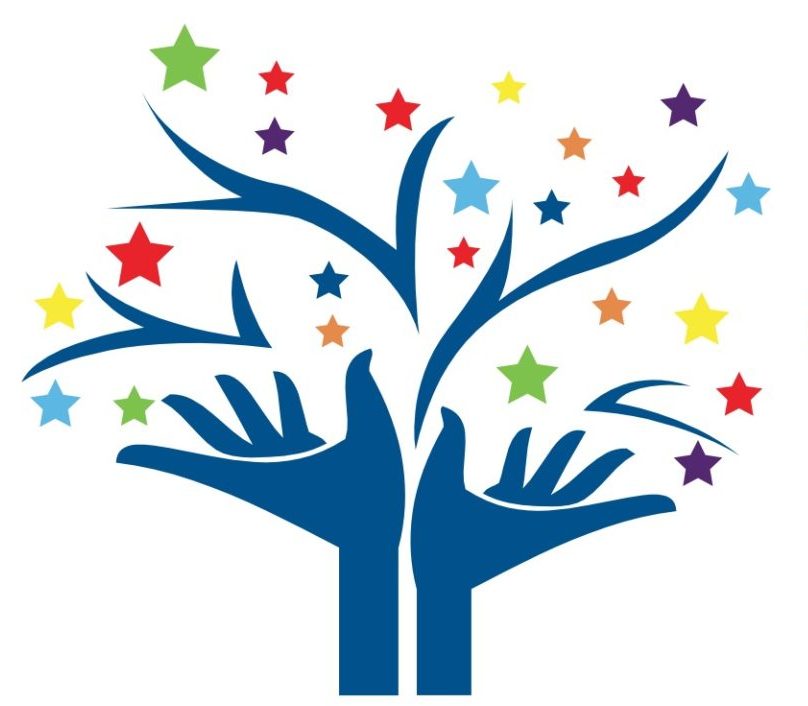Pediatric Speech Therapy (ST)
As pediatric speech-language pathologists, we provide services across the domains of speech sound production, joint attention, play, language, fluency (stuttering), executive functioning, augmentative-alternative Communication (AAC), social communication, voice, and feeding. Therapy is individualized and meaningful, with a focus on family-centered goals and therapeutic targets to help the child progress in the clinic, at school, and at home. Children with the following difficulties may benefit from speech therapy services:
Speech sounds
- Speech that is difficult to understand
- Difficulty articulating speech sounds that are expected to be correctly pronounced at the child’s age
Language
- “Late talkers”
- Errors with word order, word meaning, word retrieval, or understanding of words
- Difficulty answering wh- and comprehension questions
- Difficulty following directions
Augmentative and Alternative Communication (AAC)
- Minimal verbal communication
- Verbal communication is difficult for others to understand
- Use of communication device, hand signs, or picture exchange to communicate
Social Communication
- Difficulty providing on-topic responses, asking follow-up questions, commenting and conversing about non-preferred topics
- Difficulty interpreting facial expressions, body language, and social situations
- Difficulty appropriately reacting to social problems
- Difficulty engaging in a group
- Difficulty understanding social nuances
- Difficulty initiating and maintaining friendships
Feeding
- Gagging, choking, or coughing while eating
- Food and liquid spills out of the mouth while eating or drinking
- Inadequate chewing and tongue movement
- Difficulty swallowing
- Eats limited foods and brands of foods
Joint attention/Play
- Difficulty attending to and engaging with peers and adults
- Difficulty engaging in shared play and turn-taking
Cognition
- Difficulty managing symptoms post-traumatic brain injury
- Difficulty completing assignments, planning, prioritizing, etc.
Voice/Resonance
- Voice has atypical pitch, hoarseness, strain, or breathiness
- Voice does not sound typical for a child’s age/gender
- Voice is lost by the end of the day
- Speech is too nasally/flowing through the nose
- Speech sounds like the nose is plugged
Stuttering/Cluttering
- Repetition of sounds or words (i.e. puh-puh-pancakes)
- Sounds are prolonged (i.e. ssssssssssnake)
- Words are difficult for the child to “get out”
- Rapid speech/ words blurring together
Get Started
Please contact us for further information or to discuss your child’s health with a dedicated therapist.
Click Here
